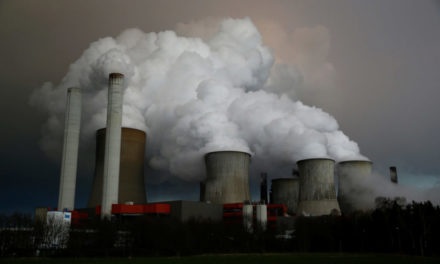Origo asked a poetic question, since we all know what Ferenc Gyurcsány fell into. He himself stated about this sometime before 2010 that he would do it better today. However, Hungary is not an experimental rabbit (although it always seemed like one during the soclibs), on which different remedies can be tried, to see if any of the ideas work. Not to mention that, meanwhile, the people he referred to so many times were not at all interested in the nomenclature.
However, sometimes it doesn't hurt to stop and look back. Quotations from the Origo article follow.
The period between 2006 and 2010 went down in Hungarian political history as a negative example in many ways. During Ferenc Gyurcsány's administration, the country faced a major economic downturn, and in addition to the sale of a large part of the national wealth, the level of public debt in proportion to GDP also increased to record levels.
The overgrowth of bureaucracy, the pressure on businesses, the increase in taxes and deductions, and the large increase in utility prices curbed consumption and the recovery of the economy. Economic growth in 2007 was barely detectable at 0.2 percent, but in 2008 it produced only a modest result of 1.1 percent. Unemployment grew larger and larger, visiting fees, hospital per diems and school fees were introduced, and an ever-larger part of Hungarian society was threatened with impoverishment.
The central bank management appointed by Ferenc Gyurcsány kept the base interest rate high, which further hampered the development of the Hungarian economy. During the Gyurcsány era, people were encouraged in the direction of foreign currency loans, thousands of policemen, doctors and nurses left their professions, which had an adverse effect on public safety and the general situation of the health sector by eliminating 12,000 hospital beds.
During the brutal police actions following the leak of the Ószöd speech, the rule of law was undermined, and after the 2008 referendum, a political crisis emerged in Hungary. This politically, legally and economically weakened country was hit by the global economic crisis in 2008, which increased the negative impact of the bad government decisions of the previous period on both people and the economy.
Unemployment, the amount of taxes and deductions, and the national debt continued to increase, while the Gyurcsány government was not able to control the chaos prevailing in the country drifting to the edge of the abyss. The policy of austerity and withdrawals, as a result of which Hungary faced an economic decline of 6.7 percent in 2009.
The Orbán government, elected in 2010 with a two-thirds parliamentary mandate, introduced a completely different social and economic policy in Hungary. The reduction of state and corporate bureaucracy, the digitization of business processes, and the introduction of the single-rate personal income tax and the family home-building discount were implemented.
The tax allowance for children, the decreasing contributions, the low corporate tax rate, the conversion of foreign currency loans to forints, strategic partnerships with companies, the increase in the employment rate, the decreasing central bank base interest rate, and the career model of medical, nursing and teacher wages all contribute to the revival of consumption led, which greatly contributed to the growth of the economy. In addition, it is important to highlight the increase in wages for law enforcement agencies, as well as the strengthening of the profession's esteem and staff, which resulted in a large improvement in crime statistics, thereby strengthening public safety.
It is noteworthy that the decisions of the national government do not include austerity, tax increases and withdrawals, which were used by left-wing governments before 2010, and also greatly reduced household utility bills.
Favorable measures, such as sectoral wage support and steps taken to preserve jobs, are linked to the criteria of good governance, with their help the country can recover more quickly from the crisis caused by the coronavirus and return to the growth path typical of the period before the pandemic, as well as the near full employment level.
A clear contrast emerges between the nature of the crisis management of the left and the right, as well as their effectiveness. The left-liberal governments paid the price of the crisis with the people, and of their faulty economic policies, which further deepened the economic and social recession. At the same time, the national side's policy based on economic revitalization and tax reduction prevented the economic consequences of the coronavirus from escalating, thereby laying the foundation for Hungary to get back on its feet as soon as possible.
Opening image from the 2005 TV debate. Source: pestisrácok.hu












